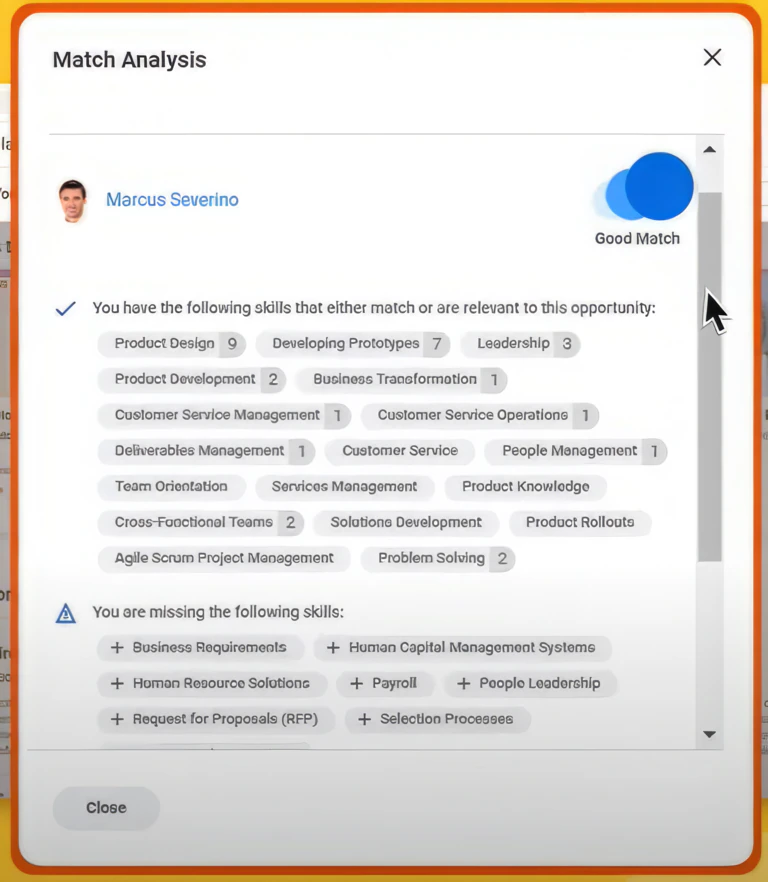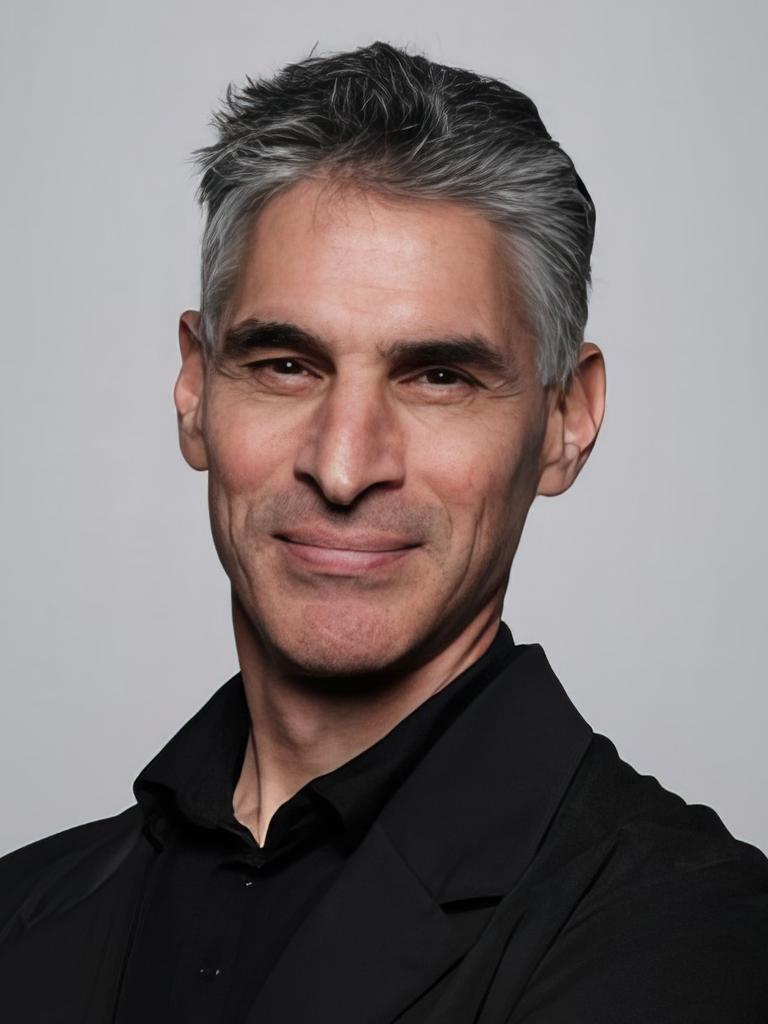Workday has rewritten the rules for how businesses rate staff and fill jobs, releasing software to its 10,000 corporate and business customers that puts the attainment of thousands of skills ahead of formal degree qualifications.
You could be a seasoned communicator or an excellent team member. You might speak Japanese. You might be proficient at operating Microsoft Office. You could be great at negotiating outcomes.
These capabilities are distinct skills which Workday’s AI-enhanced software uses to check your capability when managers fill company roles.
The global human resource management software firm has moved beyond on and off boarding, payroll, and basic HR administration to fully fledged staff management in its ‘skills first’ update.
Workday said more than 1,500 client companies had already adopted the platform.
Accenture, Salesforce, Airbnb, nVidia and Patagonia are among global clients aboard with Air New Zealand, Qantas, Cushman & Wakefield Australia, Ferring Pharmaceuticals, Aurecon and RAC WA among local adopters.
READ MORE: Surgical robot wins US development support | Side by side: is the new MacBook Pro worth it? | AI news targeted in media code |
“Workday is confident that businesses are moving towards a ‘skills-first’ workplace culture, said Workday Australia/New Zealand vice president Jo-Anne Ruhl.
“This really opens up the talent pool for employers, and allows you to bring in more diverse talent, which we know translates to better business outcomes in the long run.”
She stressed that traditional tertiary qualifications were not being set aside altogether.

Workday said humans would still play a critical role in its new world of employee selection.
“We’ve been pretty clear that a human in the loop is critical for every bit of AI and ML (artificial intelligence and machine learning) that we’re doing; it’s part of our DNA at Workday,” global chief technology officer David Sohigian told The Australian. “Of course, it’s up to our customers how they’re going to make use of this technology.
“As a manager myself, when I’m looking through a stack of resumes … it’s nice to have an AI that can help surface things and say, this is a fit.
“Which institution you went to, and what degree you got, may not be the number one qualification for a job and this is a really big benefit both to individuals and society.
“It means that somebody who builds up those skills on the job or has competencies from perhaps serving in the military or other work that they’ve done, that a college degree isn’t going to be the only gatekeeper to being able to do a job.”

Mr Sohigian said higher education institutes in the US had begun talking about awarding students “competencies” at course completion.
He cited his own qualifications as case in point. He had a Bachelor of Science degree in fermentation science involving winemaking and brewing, but his skills in programming would be more relevant to his current job.
He said Workday began its move towards ‘skills first’ by compiling a list of 400,000 skills several years ago. The HRM company used AI and machine learning to crawl the internet and document skill categories from people’s resumes and their LinkedIn profiles.
Companies were now sharing their data with Workday to further refine the list of skills.
“Our customers are able to sign something called the Innovation Services addendum, and over 90 per cent of our customers have signed that today.”
The result so far was a refined list of 55,000 workplace skills that employees can attain.
Workday said its software enabled employees to plot their way to promotion by acquiring the recommended skills needed for a desired job. Employers might train and mentor staff seeking new skills and accredit them, once attained.
Mr Sohigian said AI and ML could analyse an organisation’s data and weight skills based on how central they were to particular jobs.
Workday’s new HRM platform uses generative AI to perform contract analysis and to drive in-house chatbots.
The author attended Workday’s Rising event courtesy of Workday. Published in The Australian newspaper, December 20, 2023.
